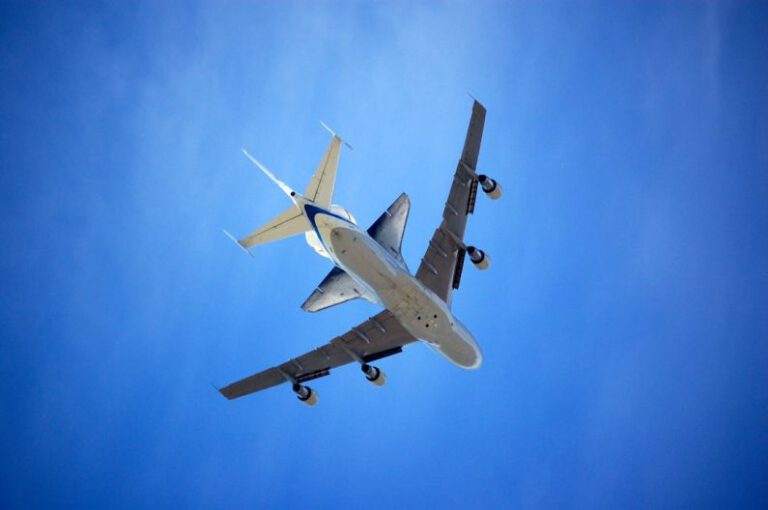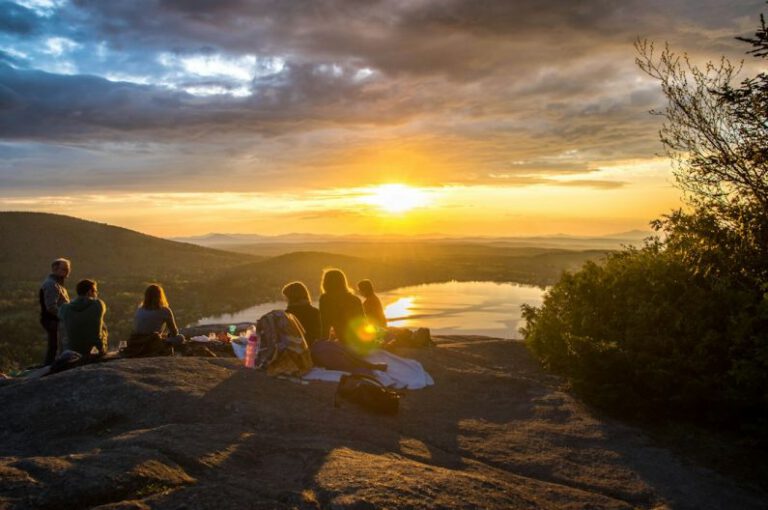Dealing with Altitude Sickness: Prevention and Treatment
Altitude sickness, also known as acute mountain sickness (AMS), can affect individuals who ascend to high altitudes too quickly, where the air pressure and oxygen levels are lower. The symptoms of altitude sickness can range from mild to severe and may include headaches, nausea, fatigue, and dizziness. If left untreated, altitude sickness can lead to more serious conditions such as high altitude pulmonary edema (HAPE) or high altitude cerebral edema (HACE). To enjoy your high-altitude adventures without the discomfort of altitude sickness, it is essential to be aware of prevention strategies and treatment options.
Understanding Altitude Sickness
Altitude sickness occurs when the body is unable to adjust to the decreased oxygen levels at higher altitudes. As you ascend to higher elevations, the air becomes thinner, leading to a decrease in the amount of oxygen available for your body to use. This can result in symptoms such as headaches, nausea, loss of appetite, fatigue, and difficulty sleeping. In severe cases, altitude sickness can lead to dangerous complications, including fluid buildup in the lungs (HAPE) or swelling in the brain (HACE).
Prevention Tips
1. Gradual Acclimatization: One of the most effective ways to prevent altitude sickness is to allow your body time to acclimatize to higher altitudes. If possible, ascend gradually, giving your body time to adjust to the changes in oxygen levels. It is recommended to spend a day or two at an intermediate altitude before continuing to higher elevations.
2. Stay Hydrated: Dehydration can exacerbate the symptoms of altitude sickness, so it is crucial to stay well hydrated when ascending to high altitudes. Drink plenty of water and avoid alcohol and caffeine, which can contribute to dehydration.
3. Avoid Overexertion: Overexerting yourself at high altitudes can increase your risk of developing altitude sickness. Take it slow and listen to your body. Rest frequently and avoid strenuous activities until you have fully acclimatized.
Treatment Options
1. Descend to Lower Altitudes: If you or someone in your group is experiencing severe symptoms of altitude sickness, the best course of action is to descend to a lower altitude. Descending allows your body to recover and get the oxygen it needs to alleviate symptoms.
2. Oxygen Therapy: In cases of severe altitude sickness, oxygen therapy may be necessary to provide relief from symptoms. Portable oxygen canisters are available at many high-altitude destinations and can help alleviate shortness of breath, headaches, and other symptoms.
3. Medications: In some cases, medications such as acetazolamide (Diamox) may be prescribed to help prevent and treat altitude sickness. These medications work by increasing the amount of oxygen in your blood, helping your body adjust to higher altitudes more effectively.
4. Rest and Hydration: Resting and staying hydrated are essential components of altitude sickness treatment. Allow your body time to recover and drink plenty of fluids to prevent dehydration and help alleviate symptoms.
Final Thoughts
Altitude sickness can put a damper on your high-altitude adventures, but with proper prevention strategies and timely treatment, you can reduce your risk of experiencing its unpleasant symptoms. Remember to acclimatize gradually, stay hydrated, and listen to your body’s signals. If you or someone in your group experiences severe symptoms of altitude sickness, it is crucial to take action promptly by descending to lower altitudes or seeking medical assistance. By being proactive and prepared, you can enjoy your high-altitude excursions safely and comfortably.






